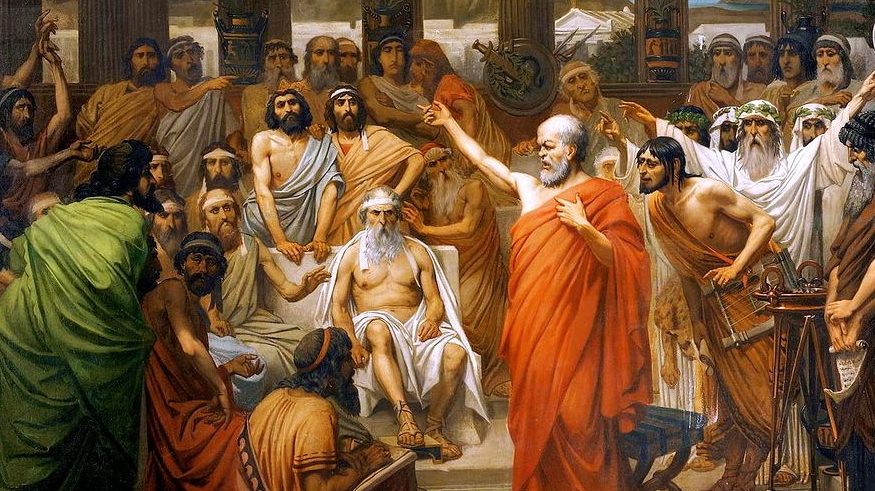Injustice in America: Don Siegelman, Part I

Today and tomorrow I depart from commenting on the media in order to raise awareness of a contemporary political injustice. The story of Don Siegelman, former governor of Alabama, is astounding given the facts of his case and also for the inattention it has received at virtually every level of the American legal system, never mind the media.
The back-story to the Siegelman case is lengthy and composed of two primary parts: his loss in the 2002 Alabama gubernatorial race and his more recent conviction and imprisonment on bribery charges. Today I will deal with his loss in the 2002 election; tomorrow, the allegation of bribery.
Don Siegelman was a successful Democrat in the fiercely Republican State of Alabama. On the eve of the 2002 gubernatorial race, the Associated Press declared Siegelman the winner. He went to bed believing he had won. He awoke to reports that electronic voting machines had “malfunctioned” in one particular county. Once the votes had been retallied, his Republic opponent claimed victory. Both the Siegelman campaign and the Democratic Party protested the retallying of votes because it was performed in seclusion by a local Republic election committee; by the time the votes were retallied, all Democratic officials had left the voting site. Thus, the new election results were verified by a partisan group alone.
In a candid interview, Siegelman says his request for a public and verifiable recount was denied and that the final election results were certified earlier than permitted by Alabama law. But Siegelman admits it was an extremely close race and, deciding to live to fight another day, he conceded defeat.
It is interesting to note that the Alabama Attorney General’s political consultant at the time was none other than Karl Rove and that it was the State Attorney General, Bill Pryor, who denied Siegleman’s request for a hand recount of the 2002 election. Justice Pryor was subsequently appointed to the 11th Circuit Court of Appeals by President George W. Bush in 2004. His administration is widely accused of hiring and firing justices based on their political dispositions—a diversity of viewpoints on the bench is preferable. The most famous case involved the resignation of Attorney General Alberto Gonzales over dismissals that occurred in the Federal Department of Justice.





